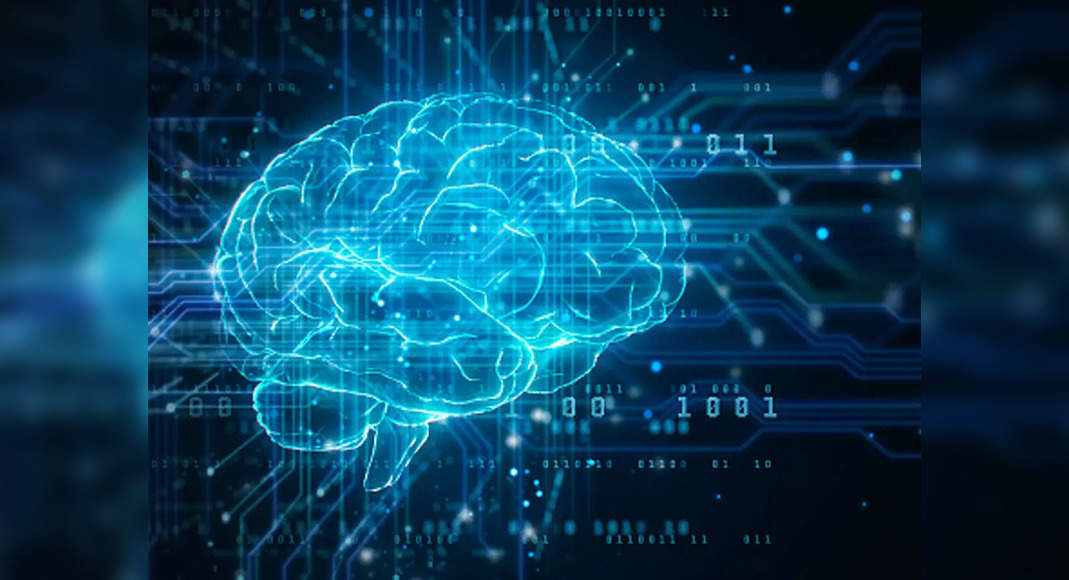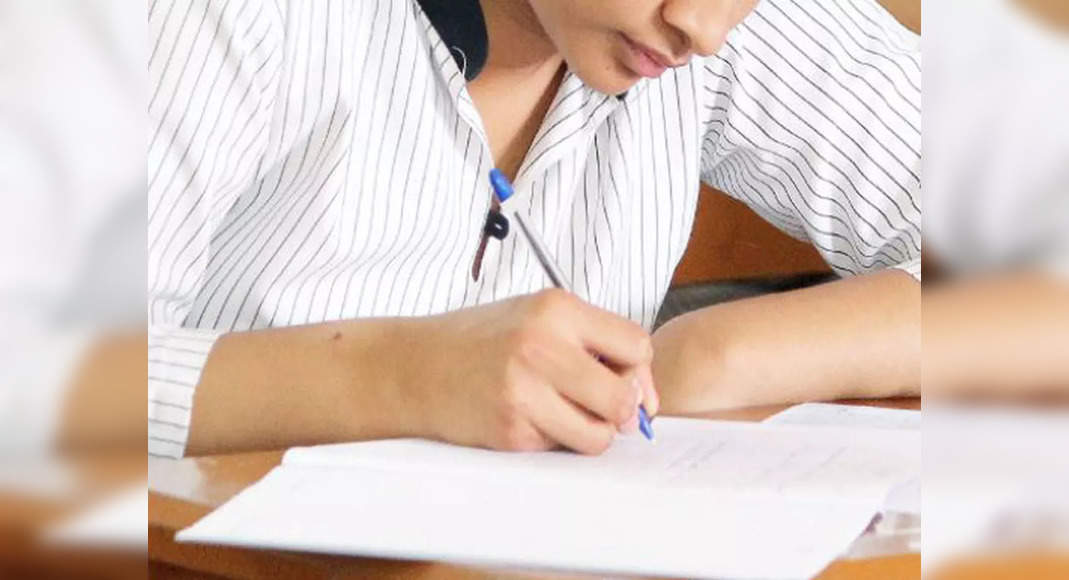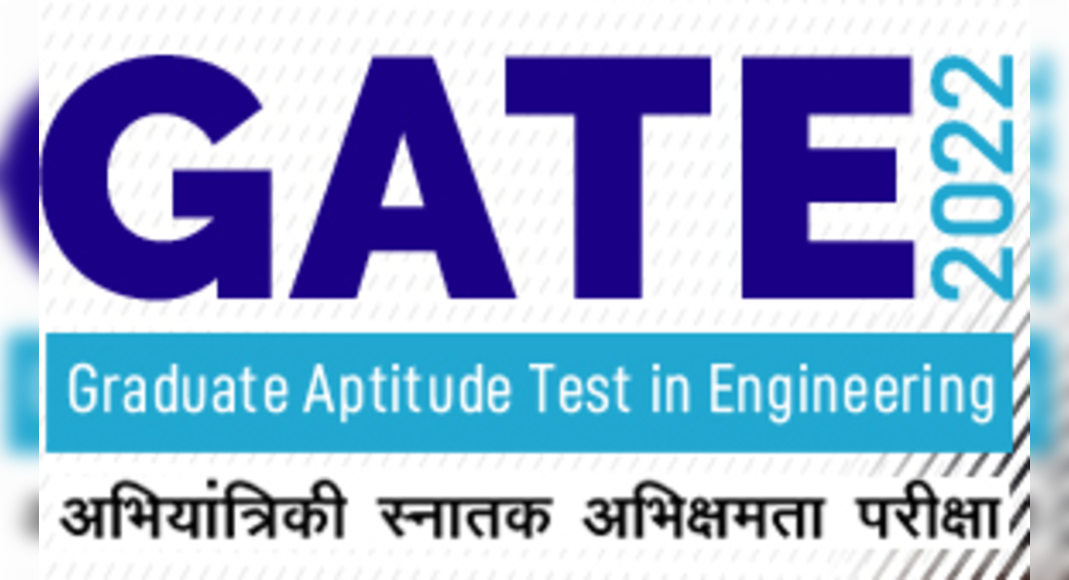New York: A new study examines cognitive training designed to focus on what is important while ignoring interference can improve brain information processing, allowing the ability to “learn to learn”.
This research has been published in the ‘journal Nature’.
Safe! You have managed to throw your votelogin to see the results “As the educator known, just remembering the information we learned in schools is almost no education point,” said Andre Fenton, a professor of neuroscience in New York University and senior research writer.
“Instead of using our brain to only store information to remember later, with the right mental training, we can also ‘learn to learn,’ which makes us more adaptive, attentive, and smart,” he added.
Researchers often learn memory intrigers – specifically, how neurons store information obtained from experience so that the same information can be withdrawn later.
However, it is less well known about the underlying neurobiology of how we “learn to learn” – our brain mechanism is used to surpass drawing from memory to take advantage of past experiences in a meaningful way.
Greater understanding of this process can refer to new methods to improve learning and design precision cognitive behavior therapy for neuropsychiatric disorders such as anxiety, schizophrenia, and other forms of mental dysfunction.
To explore this, the researchers conducted a series of experiments using mice, which were assessed because of their ability to study challenging tasks cognitively.
Before the assessment, several rats received “cognitive control training” (CCT).
They were placed in the arena that spun slowly and was trained to avoid stationary locations with light shocks using stationary visual cues while ignoring the shock location on the rotating floor.
MICE CCT compared to mouse control.
One control group also learned the avoidance of the same place, but did not have to ignore irrelevant spinning locations.
The use of avoidance methodology where the arena rotating is very important for experiments, scientists noted, because they manipulate spatial information, separating the environment into a stationary and rotating component.
Previously, the lab had shown that learning to avoid shocks in the rotating arena needed to use hippocampus, brain memory and navigation center, and persistent activity of molecules (protein kinase M Zeta) which is very important to maintain an increase in the power of neuron connections and to store long-term memory.
“In short, there are molecular, physiological, and behavioral reasons for checking memory avoidance of long-term place on the hippocampus circuit and theory for how circuits can increase continuously,” said Fenton.
Analysis of nerve activity in the hippocampus as long as the CCT confirms that mice use relevant information to avoid shocks and ignore the spinning disorders around the shock.
In particular, the process of ignoring this disorder is very important for mouse learning to learn because it allows them to carry out new cognitive tasks better than mice that do not accept CCT.
Amazingly, researchers can measure that CCT also improves how mouse hippocampal nerve circuits serve to process information.
Hippocampus is an important part of the brain to form a long-lasting memory and for spatial navigation, and CCT improves how the operation is for months.
“This study shows that two hours of cognitive control training causes learning to learn to mice and that learning to learn is accompanied by increasing the main brain circuit settings for memory.
As a result, the brain becomes more effective in suppressing noisy input and more consistent.
Effective in improving Important input, “observed Fenton.
The authors of this paper are Ain Chung and Eliott Levy, doctoral students NYU during the study; Claudia Jou a doctoral student at City University of New York’s Hunter College and The Graduate Center; Alejandro Grau-Perales and Dino Dvorak, NYU Postdoctoral Fellows at the time of research; And Nida Hussain, a student at the College of Arts and Science NYU during the study.







